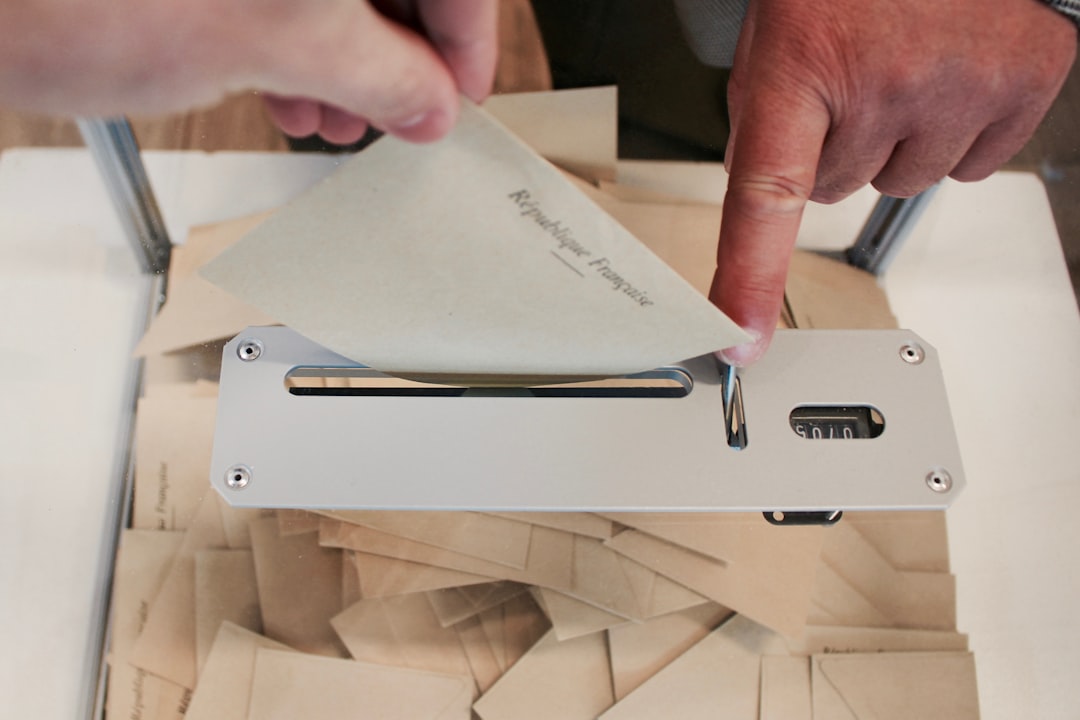Welcome to Chapter 6 of The Case for Economic Democracy. If you’re new here, I wrote this book and am releasing it chapter-by-chapter to premium subscribers, every Friday. If you’d like to read it (as well as support my work), become a premium subscriber today. Thank you! - Joe

Previous chapters have covered the case for political democracy, the authoritarian nature of the American economy, and the philosophy of economic democracy. Now we’ll cover how the principles of democracy can be materialized in the economy to improve the livelihood of the working class.
Chapter Six: Economic Democracy in Practice
“The only effective answer to organized greed is organized labor.” - Thomas Donahue
Just as there are many forms of political democracy (parliamentary systems, town hall meetings, direct election of Presidents, ballot referendums, etc.), there are a plethora of options for economic democracy. While each format will come with its own designs, strengths, and weaknesses, they all stem from the same source: those impacted by a business should have a say in its operations. There are three main methods of bringing this philosophy to life:
1. Unions
2. Worker Cooperatives
3. Nationalization
Each of these structures carries unique characteristics. Some prioritize worker control, while others will extend decision-making to the larger public. It should also be stated that they should not be viewed in opposition to each other, nor mutually exclusive. A strong union is the path to a worker cooperative and even nationalized companies will need to be unionized to ensure public preference doesn’t come at the cost of worker safety and livelihood.
Unions
The most obtainable and well-known instrument of economic democracy, unions are almost as old as the country itself.[1] After being decimated during the post-World War II neoliberal period, support for unionization is currently at a half-century high.[2] This recent boost in popularity makes it a perfect time to drive union membership, improving worker pay and conditions while proving to Americans how economic democracy will better their lives.
The bane of CEOs everywhere, unions have long been the primary means of protecting Americans from exploitation. By collectively bargaining through their union rep, workers can outsource the personal discomfort and lack of negotiating skills to a professional. When done by a professional, collective bargaining leads to the standardization of pay and benefits, eliminating not only racial and gender discrepancies, but individual pay gaps through hidden pay bands. (Pro tip: talk to your coworkers about pay! You may be getting ripped off.) And as unionization of a workplace means compensation and safety will be handled by a professional negotiator and not a worker whose expertise lies in their trade, there is a strong chance the union will be able to get much better workplace conditions for the workers. These conditions can be infrastructure related, such as the inclusion of handrails to prevent falls, or organizational improvements, such as an established lunch break.
Keep reading with a 7-day free trial
Subscribe to JoeWrote to keep reading this post and get 7 days of free access to the full post archives.



